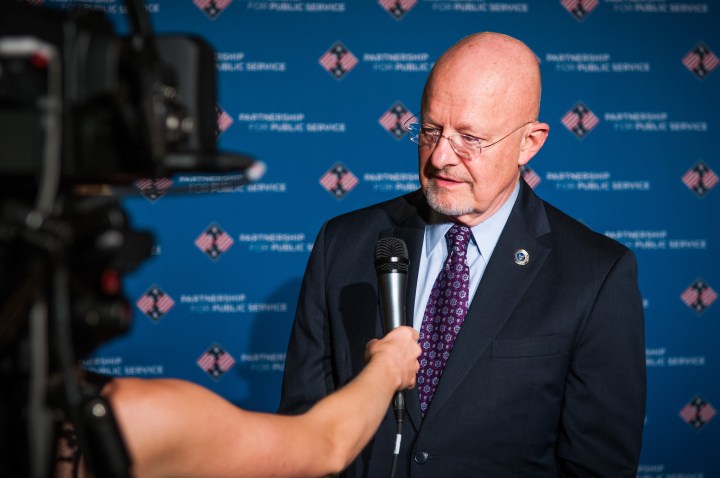
Clapper’s office has confirmed the cyber-attack, and has acknowledged that the issue had been “reported to the appropriate authorities.” Clapper is one of President Obama’s main advisers on issues of national security. The scope of his role includes security from cyber-attacks.
A teenage hacker, known as “Cracka,” who says he’s a member of the “Crackas with Attitude” (CWA) group that claimed responsibility for hacking CIA chief John Brennan last year, said he breached Clapper’s email account, accessed his Verizon phone and Internet settings, and even hacked his wife’s Yahoo email account.
Cracka, speaking with Motherboard this week, said that he changed Clapper’s phone settings so all calls to his phone would be rerouted to the Free Palestine Movement, which is an organization that CWA says it supports. “I just wanted the gov to know people aren’t fucking around, people know what they’re doing and people don’t agree #FreePalestine,” he or she said.
The hacker also claims they have a log of all calls that were made to Clapper but did not share any specifics of what they found in the email accounts.
An anonymous source from the Office of the Director of National Security told The Guardian that officials were aware of the hack before the Motherboard report went public.
It’s not clear exactly how Cracka gained access to Clapper’s personal accounts or his wife’s, writes U.K. security expert Graham Cluley, who explains that this may have been more of a social engineering stunt, such as tricking Clapper or his wife into changing their passwords.
“If the details of the security breach are true, then it is obviously a concern that the hacker was not only able to reroute calls made to Clapper’s home, but also view the phone numbers of people calling him and access personal email accounts,” he added.
Editors' Recommendations
- Chinese hackers targeting critical U.S. infrastructure, Microsoft warns
- Hackers target U.S. government agencies as FBI investigates
- iPhones, made in the USA? Apple chipmaker TSMC eyes U.S. factory
- U.S. automakers were leading targets of hackers in 2018, FBI says
- The U.S. will now check social media accounts before approving visas


